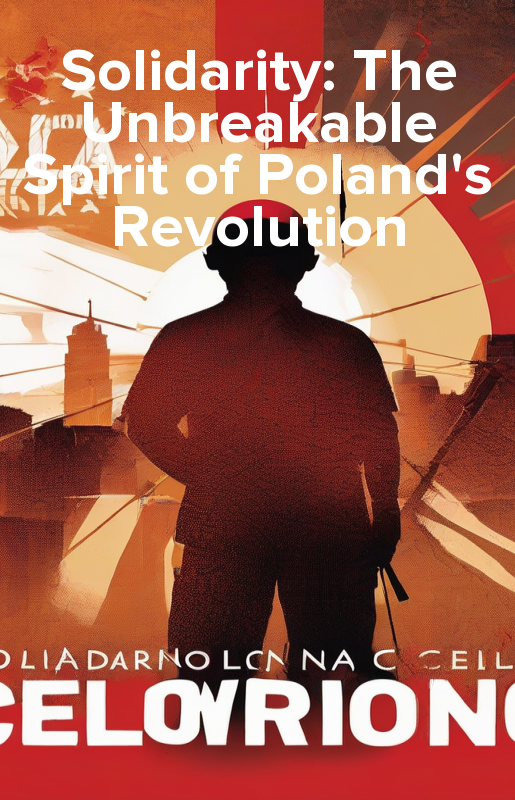Buy ebook and audiobook

Ebook, audiobook
Solidarity: The Unbreakable Spirit of Poland's Revolution
Author
Chris Collin
Format
EPUB, MOBI, PDF, MP3
Description
"Discover the Inspiring Story of Solidarity: The Movement that Changed History
Explore the rise and fall of Poland's iconic Solidarity movement, from its humble beginnings in the Gdańsk shipyards to its pivotal role in toppling communism and shaping Europe's future. This comprehensive book delves into the movement's leadership, ideology, and international support, offering a unique perspective on the struggle for democracy and human rights. Learn about the enduring legacy of Solidarity and its impact on contemporary social movements, making it a must-read for historians, activists, and anyone interested in the power of collective action."
Read more...
Daily Promotion:
39.99 USD
-75%
9.99 USD
